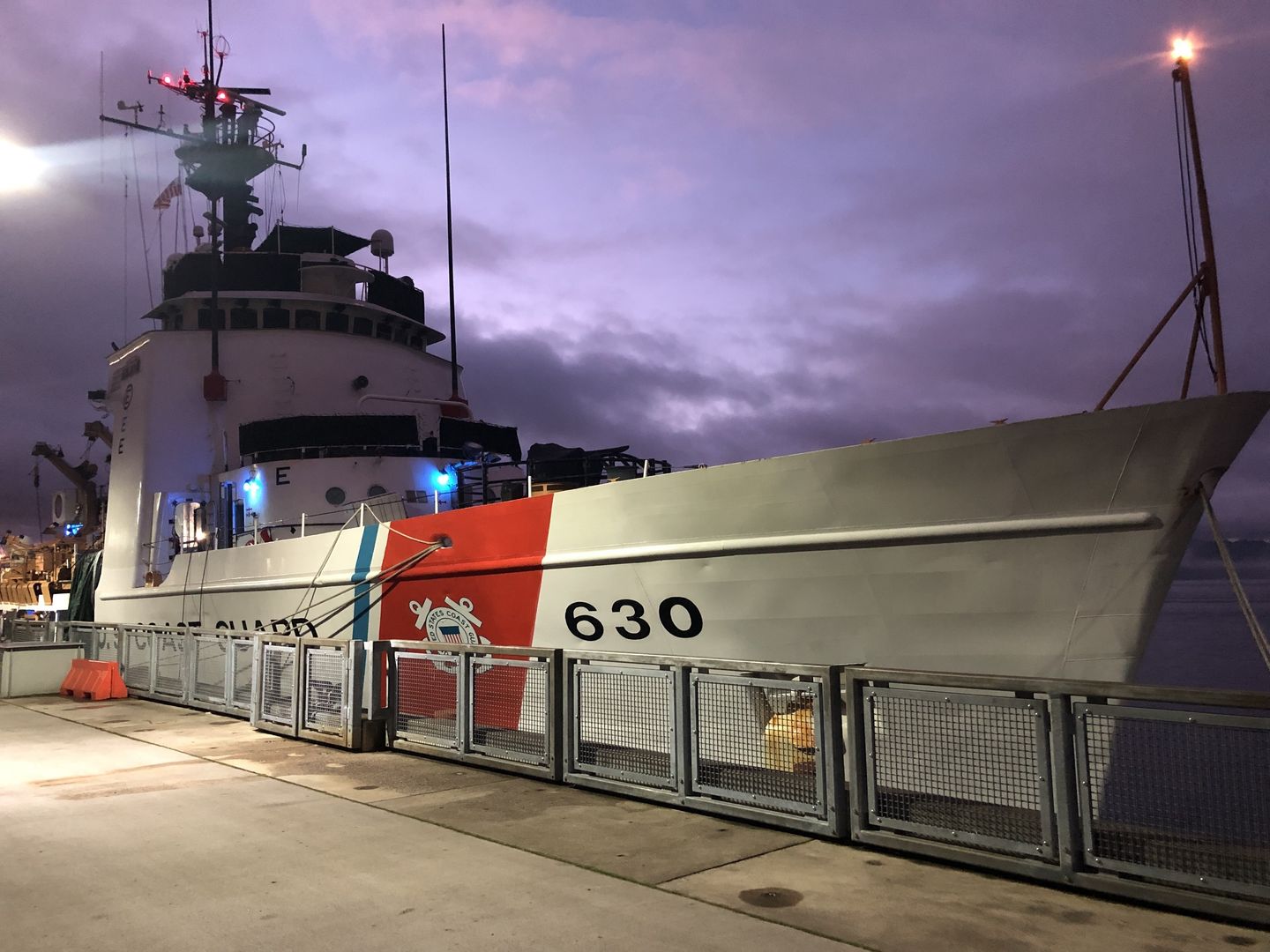

The U.S. Coast Guard awarded a contract worth up to $3 billion to an Australian shipbuilding company’s U.S. branch to turn out up to 11 new offshore patrol cutters (OPC), intended to replace ships that are up to 50 years old.
But officials from the Florida-based company building the first four cutters for the Coast Guard filed a protest this week over the decision to shift the work to the foreign rival after they had already won the contract in 2016. The cutter construction program is one of the top priorities for the service.
“We have found several grounds for protest that have been filed with the U.S. Government Accountability Office. Our decision to protest does not come lightly,” Joey D’Isernia, president of Eastern Shipbuilding Group, said in a statement provided to The Washington Times.
Last month, the Coast Guard said it would now give the contract to Austal USA, the Mobile, Ala.-based arm of an Australian company. The OPCs are meant to bridge the gap between the Coast Guard’s national security cutters that operate in the open ocean and the smaller, “fast-response cutters” that work closer to shore.
The Coast Guard decided to put the OPC program back into competition in 2019 after Hurricane Michael heavily damaged Eastern’s Panama City, Fla. shipyard. But Eastern Shipbuilding continued working on the cutters even while repairs on the workspace were underway.
Florida Gov. Ron DeSantis and lawmakers on Capitol Hill blasted the decision to shift the contract to Austal USA.
“Despite [Eastern Shipbuilding’s] success in the OPC program, [the Department of Homeland Security] gave a foreign-owned entity — one that is under federal investigation [and] has never built or tested a steel ship — its largest contract ever,” Mr. DeSantis wrote in a Twitter message. Florida Republican Sen. Marco Rubio called the latest contract decision “short-sighted.”
Eastern Shipbuilding “has proven they can do the job and do it well,” Mr. Rubio said in a statement. “This decision will cost taxpayers more money and slow down the delivery of these critical vessels.”
Eastern Shipbuilding said the Coast Guard should have taken into account Austal USA’s work on the Navy’s troubled Littoral Combat Ships (LCS) program, which has been plagued with financial and mechanical problems.
“Austal’s cost overruns on other government contracts projects such as the LCS program are well known. The [Coast Guard] evaluation unreasonably failed to consider these significant Austal risks,” Eastern Shipbuilding said in their protest. “Given Austal’s status as a new entrant to steel shipbuilding and its well-publicized performance issues on large projects, the USCG should have evaluated schedule, cost and technical risks higher.”
In a statement, Austal USA President Rusty Murdaugh said the contract was a result of the company’s “continued investment in our people and our facilities.”
An Austal spokesperson told the online publication Defense News that the company was “confident in the integrity of the solicitation process and that the Coast Guard’s selection of Austal USA as the [OPC’s] shipbuilder will be upheld. We will remain focused on delivering world-class ships to our customers.”
In its filing, Eastern Shipbuilding argues the comptroller general of the U.S. should rule that Austal’s contract be terminated and the work returned to them.
